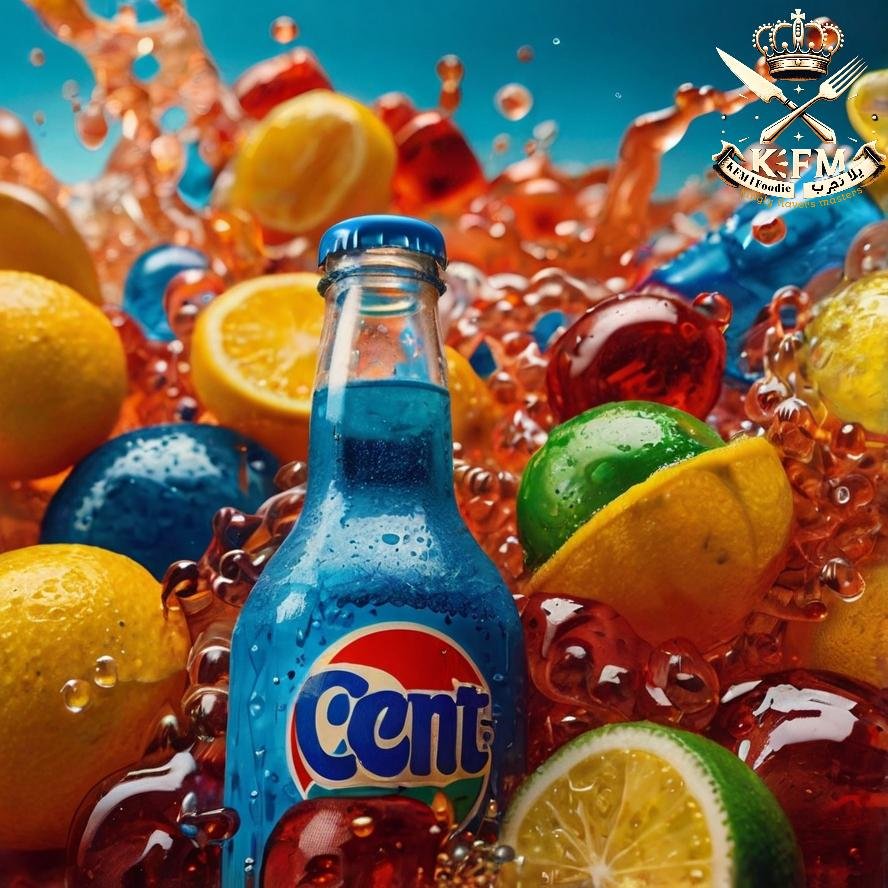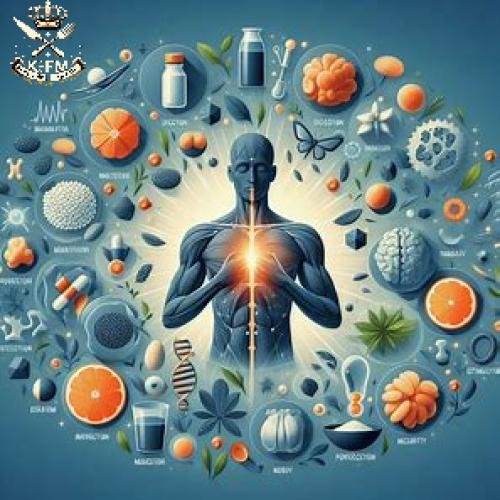Definition of Soft Drinks and Their Ingredients
Soft drinks, also known as carbonated water or sparkling fruit beverages, are water-based drinks that contain various ingredients such as bicarbonates, white sugar, colorings, and sweeteners. These beverages are typically chilled and served cold most of the time, especially during hot summer days, as some people believe they help refresh and alleviate the heat.

Alleged Benefits and Health Risks
Many people believe that soft drinks offer health benefits, such as improving digestion and alleviating heat. However, this belief is not accurate, as scientific studies indicate that consuming these beverages in large quantities does not provide health benefits and may lead to serious health risks.
Harms of Soft Drinks
- Impact on Weight and Overall Health
Soft drinks contain high amounts of white sugar, which can lead to weight gain and obesity. This weight increase contributes to various health problems such as osteoporosis, kidney failure, and fat accumulation in the liver. Additionally, obesity is associated with premature aging and a decline in overall health. - Impact on the Digestive System
It is well known that soft drinks can cause indigestion rather than improve it. Chemicals like bicarbonates excessively alter stomach acids, affecting the stomach's ability to properly digest food. This can lead to issues such as gastric ulcers and stomach pain. Furthermore, excessive consumption of these beverages may result in digestive disorders such as bloating, gas, and belching. - Impact on Bone and Kidney Health
Studies have shown that high consumption of soft drinks may be linked to osteoporosis due to the effect of bicarbonates on mineral balance in the body. These drinks can also contribute to kidney problems due to elevated sodium and phosphorus levels, which can lead to kidney deposits. - Cancer Risks
Some studies suggest that the consumption of soft drinks may be associated with an increased risk of cancer. These beverages contain chemicals that can adversely affect cells and increase the likelihood of genetic mutations, potentially leading to cancer.
Sugar and Its Impact on Health
- High Fructose Corn Syrup:
High fructose corn syrup is one of the main ingredients in most soft drinks. This type of sugar is metabolized differently than regular sugar; it goes directly to the liver and is converted into fat. This process increases the risk of developing non-alcoholic fatty liver disease, obesity, and elevated triglyceride levels in the blood. - Effect of Fructose on Hormones:
Fructose affects hunger and satiety hormones, leading to an increased desire to eat more food and, consequently, weight gain.

The Link Between Soft Drinks and Other Diseases
Cardiovascular Diseases:
The consumption of soft drinks is associated with high blood pressure, increased levels of bad cholesterol, and a higher risk of atherosclerosis, all of which are factors that elevate the risk of heart disease.
Type 2 Diabetes:
The excess sugar in soft drinks increases insulin resistance, leading to elevated blood sugar levels and an increased risk of developing type 2 diabetes.
Other Additives and Their Effects
Preservatives:
Preservatives are used to prolong the shelf life of soft drinks, but some of these substances may be linked to health issues such as allergies and digestive disorders.
Artificial Colors and Flavors:
These substances give soft drinks their distinctive colors and flavors, but some may cause allergic reactions or be associated with other health problems.
Impact of Soft Drinks on Children and Adolescents
Impact on Growth:
Excessive consumption of soft drinks instead of nutritious foods can negatively affect the growth and development of children.
Sugar-Free Soft Drinks
A Healthy Alternative?
Although sugar-free soft drinks do not contain sugar, they often contain artificial sweeteners that may have side effects, such as increasing cravings for sugary foods.
Healthy Alternatives to Soft Drinks
- Water: Water remains the best beverage for humans. You can add slices of fruits or vegetables like lemon, cucumber, or mint for a refreshing flavor.
- Natural Juices: Fresh fruit and vegetable juices are rich in vitamins, minerals, and fiber, making them an excellent alternative to soft drinks.
- Tea and Coffee: Green and black tea, as well as black coffee (without sugar or whole milk), are rich in antioxidants and enhance mental and physical performance.
- Milk: Whole or low-fat milk is a good source of calcium and protein and can be enjoyed cold or hot.
- Plant-Based Beverages: Almond milk, soy milk, and coconut milk are good options for individuals with lactose intolerance or those following a vegan diet.
Recommendations for Specific Groups of People:
- Obesity Patients: People with obesity should significantly reduce their intake of soft drinks because they contain a large amount of calories that contribute to weight gain.
- Diabetes Patients: Diabetes patients should avoid soft drinks entirely or consume them very rarely, as added sugars can lead to sharp fluctuations in blood sugar levels.
- Pregnant Women: Pregnant women are advised to reduce their soft drink consumption due to their effects on nutritional balance and the health of the fetus.
Psychological Effects of Soft Drinks:
Soft drinks contain a large amount of sugar, which can affect mood. Some studies suggest that excessive sugar intake can lead to mood swings and increased anxiety and depression. Sugar can also affect energy levels, causing fluctuations in activity and concentration.
Conclusion
In light of these facts, we must recognize that soft drinks are not as beneficial to health as often believed. Instead of improving digestive functions or providing relief in hot weather, these beverages can be extremely harmful when consumed in large quantities. Therefore, it is better to reduce their consumption and replace them with healthier options like water and natural juices. It is always advisable to consult with nutrition specialists for health advice tailored to our individual needs.
May Allah grant us and you good health. Peace be upon you.




















